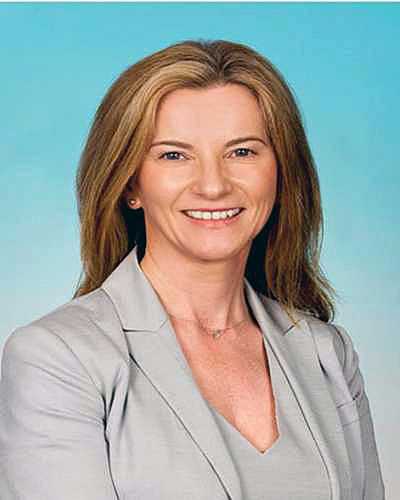Abstract
Introduction: The Irish government agreed to accept up to 4000 Syrian refugees for resettlement in Ireland in 2016. Prior to their arrival in Ireland, health screening was carried out by the International Organisation for Migration. GP assessments to address immediate health needs and facilitate integration into local primary care were conducted on arrival.
Methods: Cross-sectional data from a self-completed questionnaire among Syrian Refugees aged 16 years and older resident in emergency reception centres (EROCs) are reported along with data from GP assessments. The questionnaire, comprising validated instruments, was developed for a similar study in Norway.
Results: From the research questionnaires, two-thirds of the respondents reported their overall health status to be good or very good. The most common health condition was headache and the most common medications used were painkillers. Those experiencing chronic pain were three times less likely to rate their general health as good compared with those without pain. From the GP assessment data, we identified that 28% had high blood pressure, 61% were assessed to be in need of dental care and 32% of refugees were found to have an issue with their vision.
Discussion: Our findings were communicated to the Health Service Executive via the Partnership for Health Equity and informed a change in service provision in relation to dental services in EROCs. In terms of further action, we conclude that pain is an important symptom to consider in terms of diagnosis and treatment, and impact on health status.


